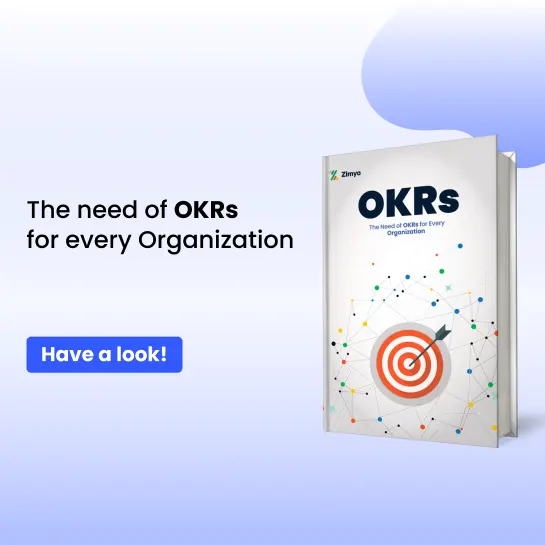A Programmer writes, tests, debugs, and maintains the source code of software applications. They work closely with software engineers, system architects, designers, and end users to develop efficient solutions using one or more programming languages (like Python, Java, C++, JavaScript, etc.). The role demands problem-solving skills, coding proficiency, and attention to detail.
These interview questions help assess a candidate’s ability to write clean, efficient, and scalable code. It also evaluates logical thinking, debugging skills, collaboration style, and adaptability to modern development practices (e.g., version control, Agile).
Interview Questions with Answering Tips
1. Tell us about your programming background and key strengths.
How to Answer:
- Mention languages you’re proficient in, tools you’ve used, and types of projects (web, mobile, automation).
- Focus on your learning curve, accomplishments, or passion areas (e.g., backend logic, UI, algorithms).
2. Which programming languages are you most comfortable with and why?
How to Answer:
- Choose based on real experience and explain strengths (e.g., Python for scripting/ML, Java for enterprise apps).
- Share a quick use case or comparison.
3. How do you ensure your code is clean, readable, and maintainable?
How to Answer:
- Talk about naming conventions, code commenting, modularization, and following standards (e.g., PEP8, DRY principle).
4. What’s your approach to debugging a complex issue?
How to Answer:
- Describe a structured approach: reproduce the bug → analyze logs → use breakpoints/tools → isolate issue → test fix.
- Mention tools: IDEs, logs, debuggers, or linters.
5. How do you stay updated with the latest programming trends and technologies?
How to Answer:
- Mention reading blogs, GitHub projects, YouTube channels, newsletters, or taking online courses (e.g., Coursera, Udemy).
6. Can you describe a program or application you’ve built from scratch?
How to Answer:
- Walk through the goal, technologies used, challenges faced, and the outcome.
- Include whether it was individual or team-based.
7. How do you approach writing unit tests?
How to Answer:
- Explain testing tools (e.g., JUnit, pytest), test coverage goals, mocking, and benefits like refactor safety.
8. What’s the difference between compiled and interpreted languages?
How to Answer:
- Compiled: Code converted to machine code before execution (e.g., C++, Java).
- Interpreted: Code run line-by-line (e.g., Python, JavaScript).
- Include pros/cons briefly.
9. What version control systems have you used?
How to Answer:
- Most likely Git—mention branching strategy, pull requests, merges, resolving conflicts, and platforms (GitHub, GitLab).
10. How do you optimize code for performance?
How to Answer:
- Share tips like reducing time complexity, avoiding nested loops, caching, lazy loading, optimizing DB queries, etc.
11. What are your thoughts on code reviews?
How to Answer:
- Highlight collaboration, knowledge sharing, and learning. Mention how you give and receive constructive feedback.
12. Have you worked in an Agile or Scrum environment?
How to Answer:
- Describe sprints, stand-ups, retrospectives, or ticketing tools like Jira.
- Emphasize communication and timely delivery.
13. What is object-oriented programming (OOP), and how have you used it?
How to Answer:
- Define core principles (Encapsulation, Inheritance, Polymorphism, Abstraction).
- Share a project example involving classes and reusability.
14. How do you manage dependencies in a project?
How to Answer:
- Mention package managers (npm, pip, Maven), environment files, and tools like Docker for consistent environments.
15. Have you worked with APIs? How did you integrate them?
How to Answer:
- Explain calling REST APIs (GET/POST), using tools like Postman, handling JSON responses, and error handling.
16. What’s your approach to learning a new programming language or framework?
How to Answer:
- Share a recent example. Talk about exploring docs, building a small app, and asking questions on forums.
17. What are the biggest challenges you’ve faced as a programmer, and how did you overcome them?
How to Answer:
- Could be a tech issue, time constraint, or team miscommunication.
- Focus on your adaptability and how you learned from it.
18. Can you explain recursion and give a use case?
How to Answer:
- Keep it simple (e.g., factorial, Fibonacci). Explain base and recursive cases clearly.
19. What are data structures you frequently use and why?
How to Answer:
- Mention arrays, lists, sets, dictionaries, trees, stacks, and when you use them (e.g., hashmap for fast lookups).
20. What’s the difference between synchronous and asynchronous programming?
How to Answer:
- Explain blocking vs. non-blocking. Use a relatable example like API requests or UI responsiveness.
21. Why do you want to work with our company?
How to Answer:
- Mention tech stack, team values, or product interest.
- Show alignment with your career path.
22. What kind of projects or programming challenges excite you?
How to Answer:
- Be honest, mention areas like AI, full-stack, game development, etc.
- It shows where you’ll thrive most.
23. Do you have any questions for us?
How to Answer:
- Ask about the team’s coding practices, learning opportunities, tools used, or upcoming tech challenges.


